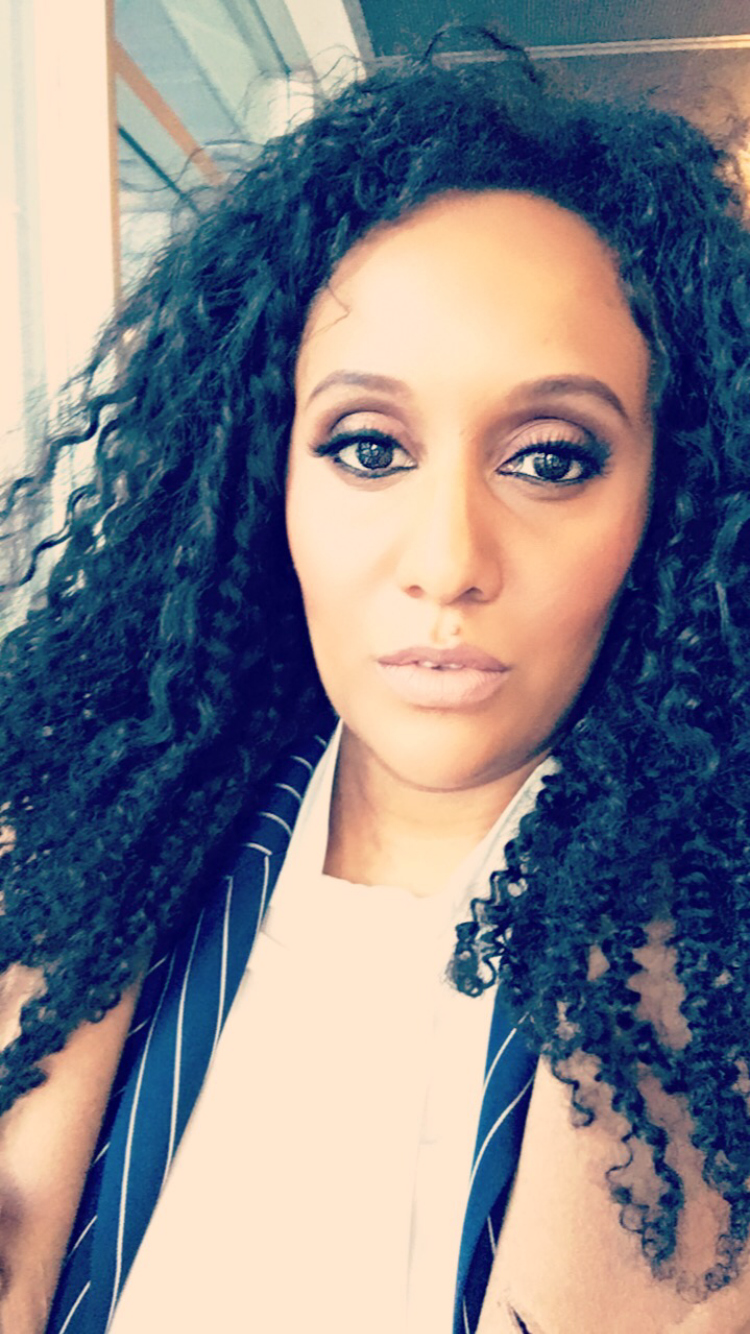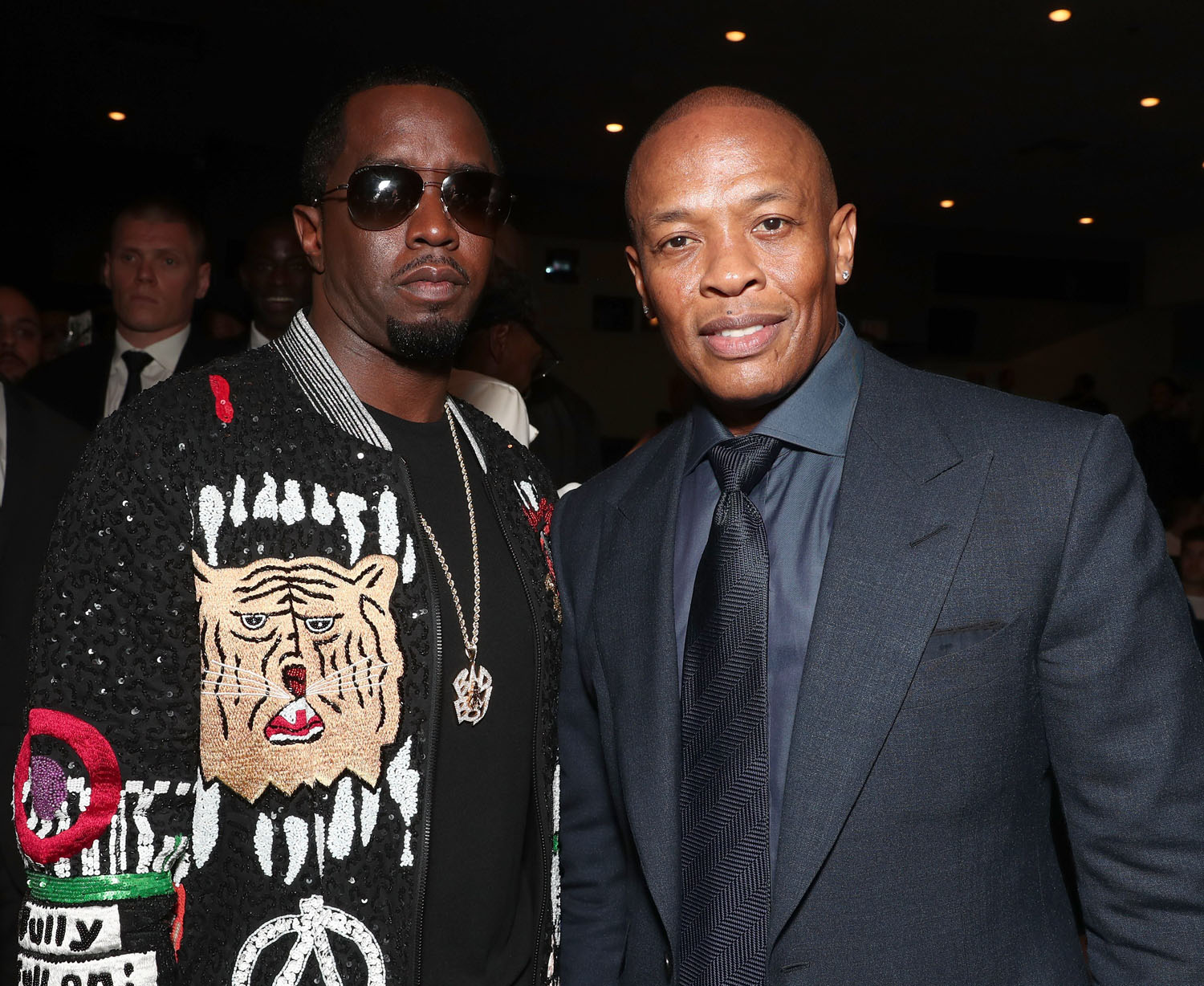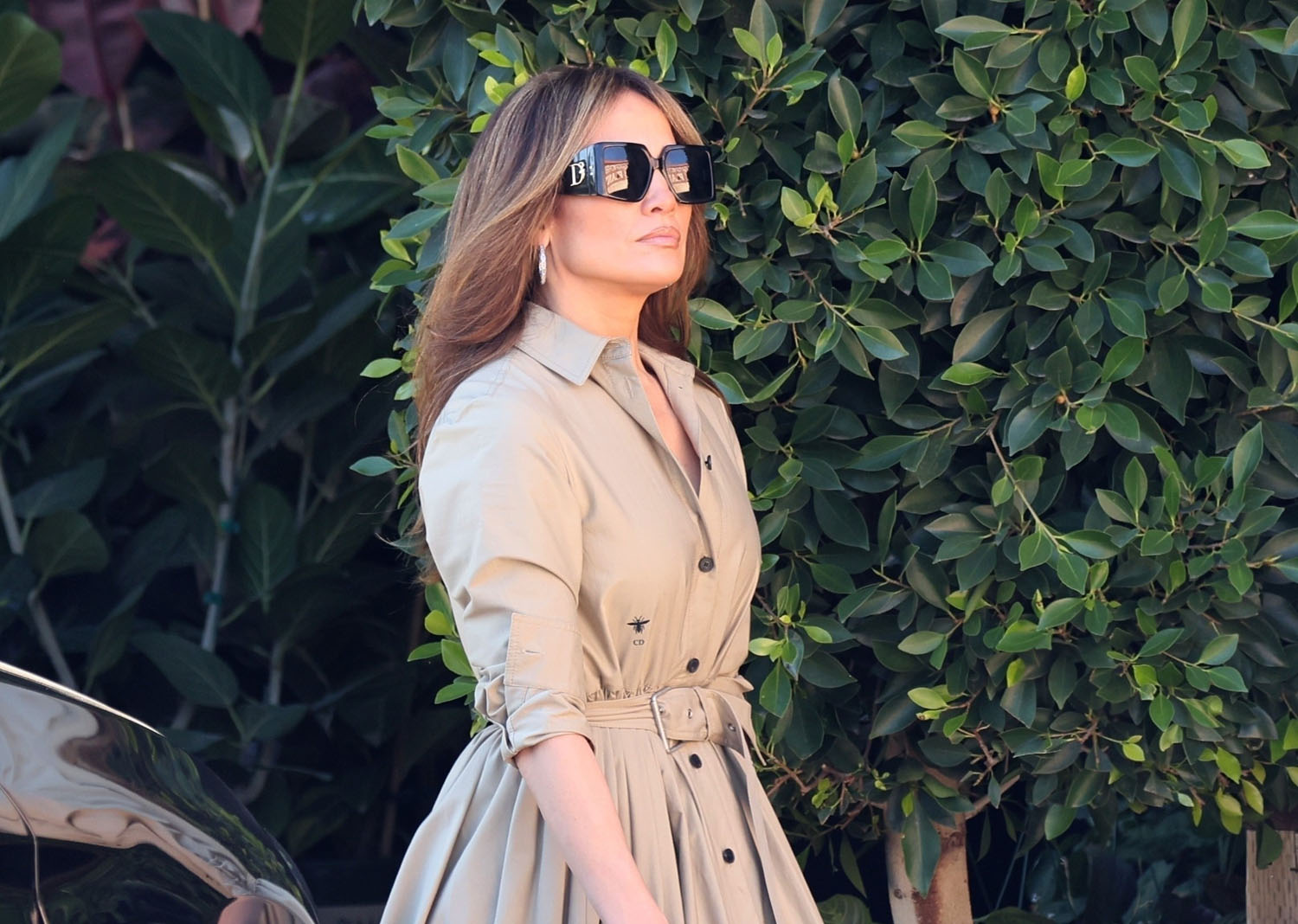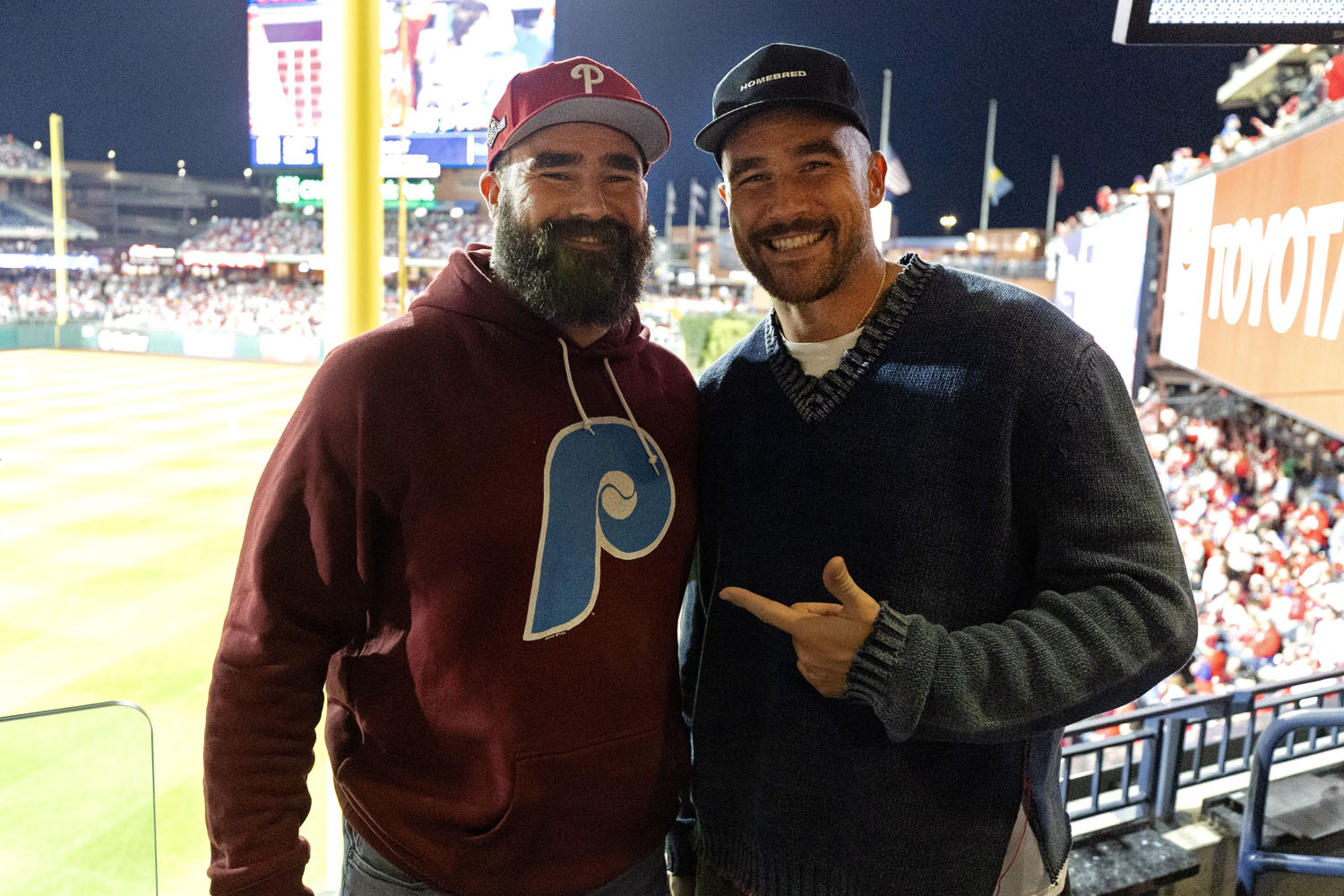It’s not just Diddy



For the past week, Diddy, aka Sean Combs has been embroiled in one of the biggest scandals to ever hit hip-hop. As Stephanie wrote, Cassie’s allegations against Combs were shockingly detailed and horrifying. Particularly the accusations of sexual assault, human trafficking, and domestic violence. And then it was another level of shock when 24 hours later the lawsuit was settled. But no one is going to stop talking or thinking about this for a long time.
Because even the strongest defenders of Diddy (and there have been many) have not said that there is no way he did those things. They made excuses and tried to call it complicated while sounding vague, but there are people out there who know him personally and professionally who seem to also know that he is capable of what Cassie alleged. Wendy Williams used to mention Diddy on the radio a lot and to a lesser extent on her talk show. Comedians joked about him, rappers talked about him. Kid Cudi confirmed to the New York Times that Diddy did indeed explode his car in 2012. Over the last few days, people have been digging up pictures and videos from the times Cassie references that seem to confirm the violent abuse.
But even if you weren’t an insider, it’s not like Diddy’s been carrying a clean reputation. Rather he’s known by many in the industry to be a cruel and heartless menace who exploited his artists, stole their money, threw Shyne under the bus, and more. Diddy is one of the most instrumental and influential people in the hip-hop industry and has been for over 30 years, so he is foundational to the conversation we need to have, but he's not the only one. This moment is an opportunity for us to really explore the manifestation of misogyny in hip-hop and what we have all lost by never dealing with it.
We can’t talk about Diddy unless we talk about Dr. Dre. We can’t talk about Dr. Dre without talking about Russell Simmons and L.A. Reid. These men do not just have record-breaking producing and executive roles in the industry, they have been accused of several violent crimes. We have to talk about it.
For me, I would argue that misogyny is not merely part of hip-hop, it's intrinsic and necessary for its function. It operates within the industry to disempower women in service of men in every way and there has never been a genuine space for women in hip-hop that isn’t inherently harmful. There has never been an intentional space in hip-hop that women have not had to force themselves into, and there has never been a time where women were safe in hip-hop.
Dr. Dre has a shameful record of domestic violence and violence against women. His first wife, Michel’le has spoken extensively about this. His second wife, Nicole Young, also confirmed abuse in their marriage, as stated court documents:
"Andre has verbally and emotionally decimated my personhood to the extent that I currently suffer from post-traumatic stress syndrome.”
They were married for 25 years and had two children.
Of course, Dre is also famous for abusing women he is not romantically linked to. He publicly assaulted journalist Dee Barnes in 1991, and was never held accountable for it. In fact, even as Dee has bravely spoken out about her story, and continues to openly talk about misogyny and violence in hip-hop, Dre has done nothing to repair, actually apologize or be held accountable, for what he did. I do not accept how he swept it under the rug and called it a blemish on who he is as a man during his HBO special Defiant Ones. It’s not enough and he never lost anything.
But that’s not all. We need to talk about Nas and have a similar conversation about Fabolous. There are documented accounts of domestic violence against both. Being a fan of Chris Brown is actually disgusting at this point. It wasn’t just Rihanna, he also assaulted Karrueche Tran, had to go to court, faced a penalty and she got a restraining order on him. But his career hasn’t stopped. Because he is talented and rich, he deploys those qualities to court his fanbase. He also does something else that’s really dangerous: works with other people in the industry to prop him up and it gives him credibility. If you care about Black women or women at all, you cannot forgive Chris at this point. And that’s doing it for Chris himself. How will he ever deal with his anger issues if he can still make money and be famous? That’s not how accountability works.
And no, we’re not done. There’s Trey Songz and The Game. And we all remember in August after years of waiting, and seeing Megan disparaged, lied about, and attacked online and in the industry, Tory Lanez was sentenced to 10 years for the 2020 shooting of Megan Thee Stallion. I could keep going but you get the point.
It’s time for a true reckoning for hip-hop and I talked to author and music critic Craig Seymour about this. I was curious about how we are to react in this moment and was thinking about what he tweeted about accountability and the reckoning we are finally approaching.
How did we get here?
Craig Seymour: “Hip-hop changed the modes of expression that young Black men had in the world. But some of the main people involved in creating the culture have been accused of such incredible misogyny. At the beginning…I wouldn’t say we tolerated misogyny but there was always this assumption that hip-hop was going to grow out of it. Once it got more educated, as the genre matured, it would become a little bit more enlightened. And that never came. A lot of people like me, we feel kind of betrayed for giving these passes along the way because we only did it because we thought hip-hop was eventually going to grow up and essentially it hasn’t.
He references when Busta Rhymes won a BET lifetime achievement award this year and the silence around Busta’s domestic violence and assault allegations throughout his career.
Craig Seymour: “Everyone was embracing the moment, and we couldn't talk about credible allegations of domestic violence. When is the time for redemption because most people want that space. The problem is that the time for redemption is at the beginning. There is almost a statute of limitations for redemption. Look at Dr. Dre, he didn’t own up to it then, many things he’s done since then coincides with some sort of corporate partnership, he puts out a statement so they won't be upset. I don’t know that we can really talk about the music without talking about what we should learn about it moving forward.
Artists are not supposed to show us how to live, they are supposed to inspire us, they are not supposed to lead us. They provide a collective understanding of human awareness. Take my insight, but don’t suffer the same things I did in order to create my art.
And I agree. The problem is we have let men in hip-hop clearly grappling and struggling with the same issues all Black men deal with lead an entire generation morally when they are simply just wealthy. In Puffy’s case, this wealth gave him the ability to weaponize his power in extremely troubling and dangerous ways. He is not a role model. In fact, I would argue that none of them are in the truest sense. But we have to be able to have a continuous conversation because the culture has truly outgrown those who gatekeep it, while violence silently remains at the centre of it.
The same way the case revealed Diddy intimidated Cassie into silence mirrors the same silence he was able to rely on from the hip-hop community about his behavior. As Cassie details in her case, Diddy had people that not only witnessed what she was dealing with, but they actively enabled it, doing the work to approach her and bring her back into his world when she was able to get away. That is a tactic of abuse, and silence is always the strongest tool of an oppressor which is why the truth will always be powerful. Change can only happen when truth is told. It’s painful, but not nearly comparable to suffering in silence, and it shows people there is another way to live besides numbing and trauma.
What Diddy has shown is not leadership, not aspirational, it’s cowardly and shameful. And it’s not the question of separating the artist from the music at all, especially with Puffy. He sold his lifestyle with his image. His likeness, business ventures and music is what he told people to pay attention to holistically. No matter what stage Puffy has been in his career, it’s been important to him that people look up to him. He didn’t want to just be a businessman, he had to be a mogul. We had to consider harsh business practices shrewd and sensical. We had to think that dancing all over the place after losing a best friend is normal. His “Love” rebrand seems even more absurd knowing how many people were suffering. And just yesterday, his close associate and former Bad Boy president Herve Pierre, has been accused of his own long list of heinous behaviour.
Diddy can't have it both ways and expect people to ignore who he has been telling us to look at for 30 years, and no one should let him.

